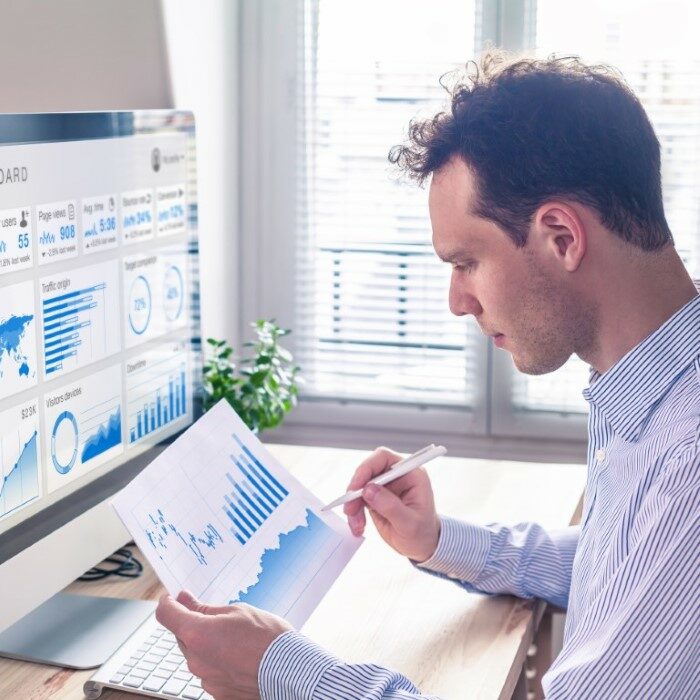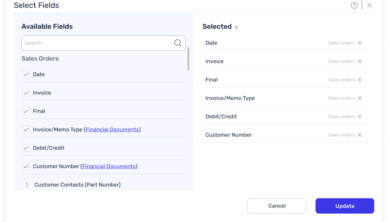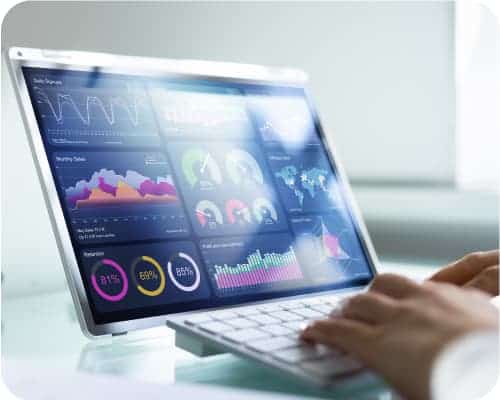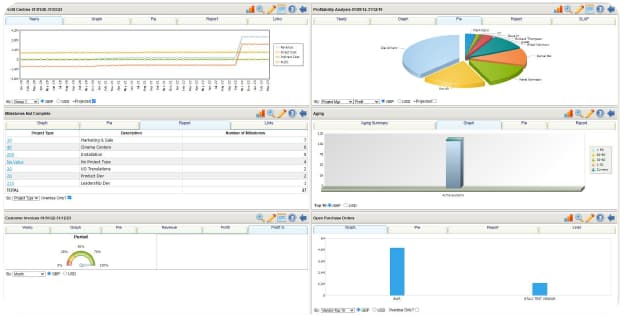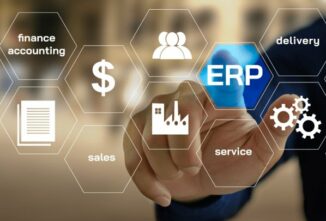Unlock data insights in minutes with easy, no-code report building
With Priority’s analytics and business insights, you can transform the self-service reporting experience, customized for end users to effortlessly construct operational reports. These reports can be created within minutes, requiring no coding, and deliver instant insights using advanced analytics. Consolidated content from multiple entities can be seamlessly displayed, incorporating private fields and entities. Users can integrate various system areas, such as sales and production or purchasing and finance, into these reports. Additionally, advanced report building features such as grouping, summing, and mathematical expressions can be effortlessly incorporated.
See how Priority works for you.
Key features
Case studies
FAQ’s
What is business intelligence in ERP?
Business Intelligence (BI) is data transformed into actionable insights that support better, faster decision making. Business intelligence ERP systems can be your organization's eyes and ears, allowing you to monitor your chosen key performance indicators and make changes when those KPIs aren't where they should be.
Who is business intelligence ERP for?
BI integrated ERP enables stakeholders and teams across the organization: Finance, HR, Logistics, Production, sales and more, to turn real-time ERP data into useful information that supports actionable insights and data-driven decision making.
Is Business Intelligence ERP suitable for small and medium-sized businesses?
Business Intelligence ERP is suitable for small and medium sized businesses. ERP gives SMBs valuable analytics and insights, helping them make timely and informed decisions. In this way businesses can optimize their organizational processes and improve the efficiency of their operations. Examples of how they can utilize BI include monitoring their key performance indicators, analyzing trends in their business as well as in the industry and more.
Is a Business Intelligence solution affordable for small to medium size businesses?
Yes. As the cloud has become more predominant, BI solutions have become an affordable and cost effective solution for smaller businesses. Though costs can vary based on a variety of factors including the amount of users and customizations required, the technology is now relevant for these businesses and an affordable BI solution that is in sync with the organization’s business goals is attainable.
What is the difference between Business Intelligence software and ERP?
Business Intelligence and ERP are separate systems meant to do different things. While BI software is designed to collect and analyze data coming from different sources in order to present trends and insights that assist decision makers, ERP is a comprehensive suite that manages business processes in a variety of areas, such as finance, supply chain and manufacturing, making sure there is a single source of data facilitating efficient operations.
Can Business Intelligence ERP integrate with existing software and data sources?
Yes, BI ERP is designed to integrate with other data sources. There are ways of connecting and integrating data from others sources such as CRM, spreadsheets and more. Ultimately, this integration provides a holistic view of a business’ data which provides a clearer picture across the different business functions and assists in making better decisions.
Can Business Intelligence ERP be customized to meet specific business needs?
Business intelligence ERP can be customize for specific business requirements. This may include personalizing reports and dashboards or specifying relevant KPIs, among other ways. And, BI ERP can work with other organizational data sources to ensure proper data flow and analysis.
